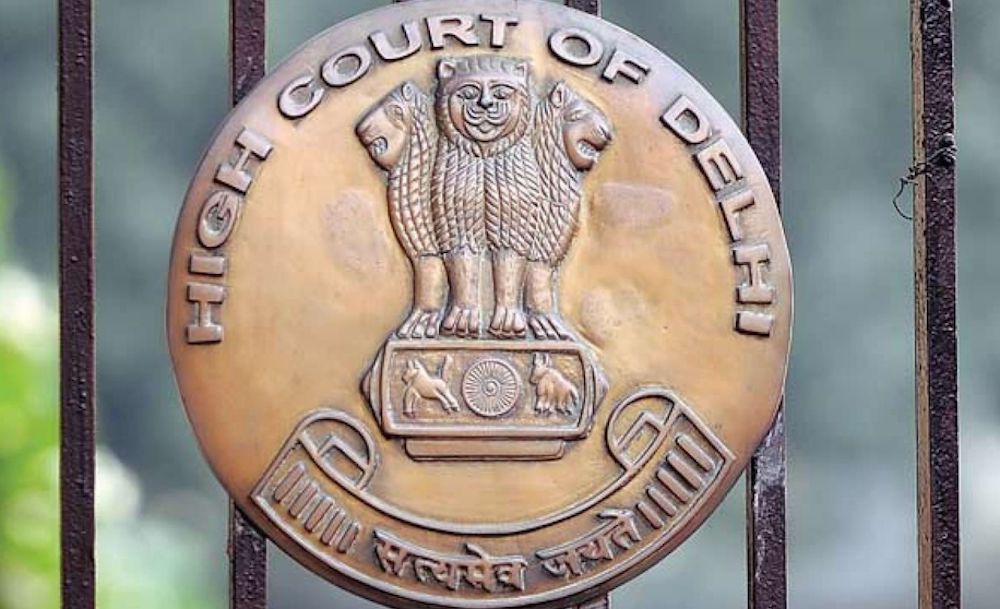Munmun Kaur
Published On: January 24, 2022 at 12:25 IST
Recently, the Delhi High Court reaffirmed that recovery of weapon used for the commission of a crime is not a sine qua non for convicting an accused.
The High Court was dealing with a Criminal Appeal against a 2019 decision of the Additional Sessions Judge, Karkardooma Courts, Delhi. The facts of the case were that the Appellant was accused of an attempt to murder and causing grievous hurt to Complainants who were brothers. The Appellant was convicted and sentenced to 6 years of rigorous imprisonment along with a fine of ₹5,000. Later, he appealed against the Judgment in the Delhi High Court.
Justice Manoj Kumar Ohri hearing the Appeal observed that the argument that the weapon of offence in a case of attempt to murder/culpable homicide charges, was not recovered has no merit as the testimonies of the complainant and his brother were cogent and consistent.
Justice Ohri further observed that the nature and extent of injuries on the victim in the present case along with other facts clearly prove the ingredients of the offence punishable under Section 307 IPC against the Appellant beyond any shadow of a doubt.
The Appellant raised a contention that the bloodstained clothes of the Complainant were not seized and the PCR Form was not produced. The Court rejected the contention and observed that in view of the fact that the complainant was medically examined within 45 minutes of the incident, the contention bears no merit.
Justice Ohri further observed that there was pre-existing enmity between the Appellant and the Complainant and the Complainant had suffered 2 injuries during the incident, the nature of which was grievous, giving a clear indication that the Appellant had the requisite intention and knowledge that such injuries could have been fatal.
The High Court thus upheld the Order of conviction passed by the Trial Court. However, the sentence was reduced to the period already undergone. This was done in view of the fact that the Appellant had already undergone about 4 years and 6 months out of the total sentence of 6 years awarded to him. Also, the fine imposed on him had already been deposited.

